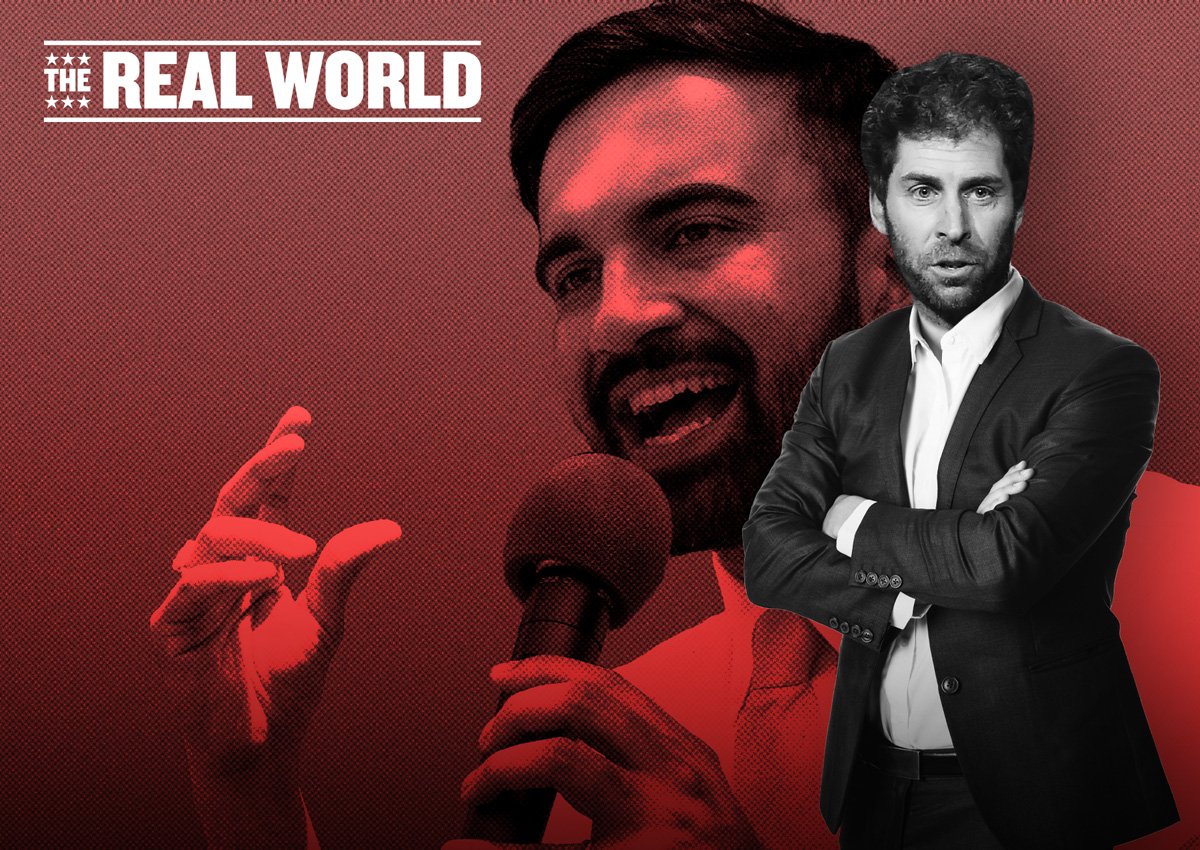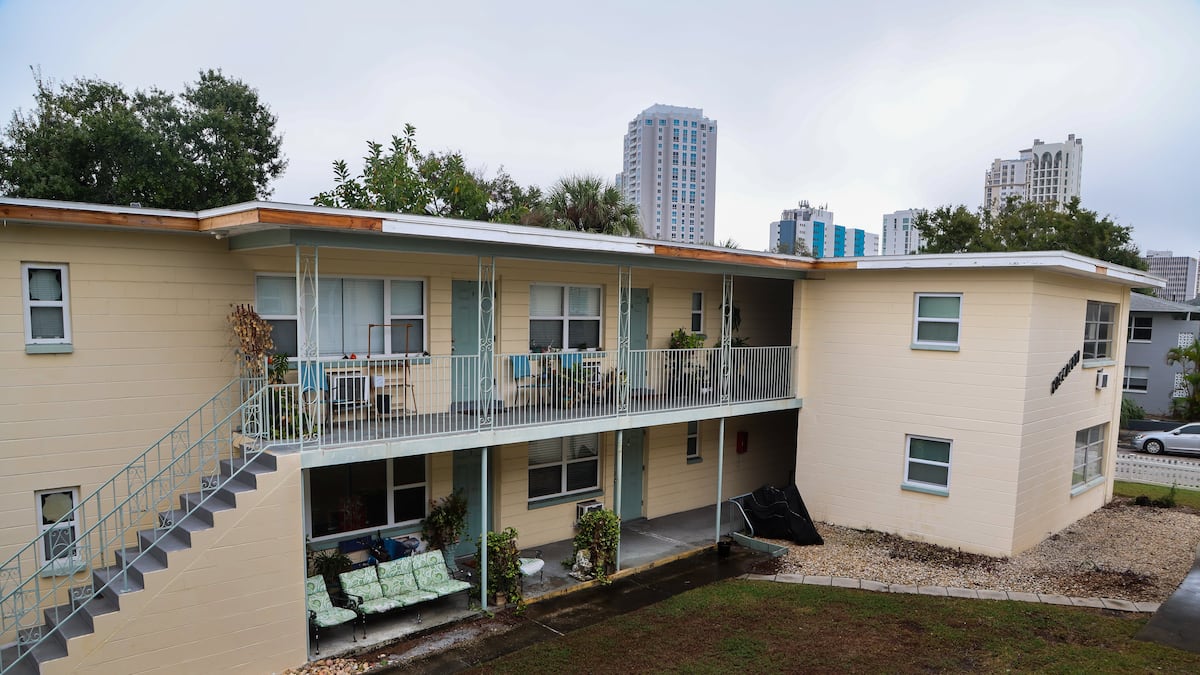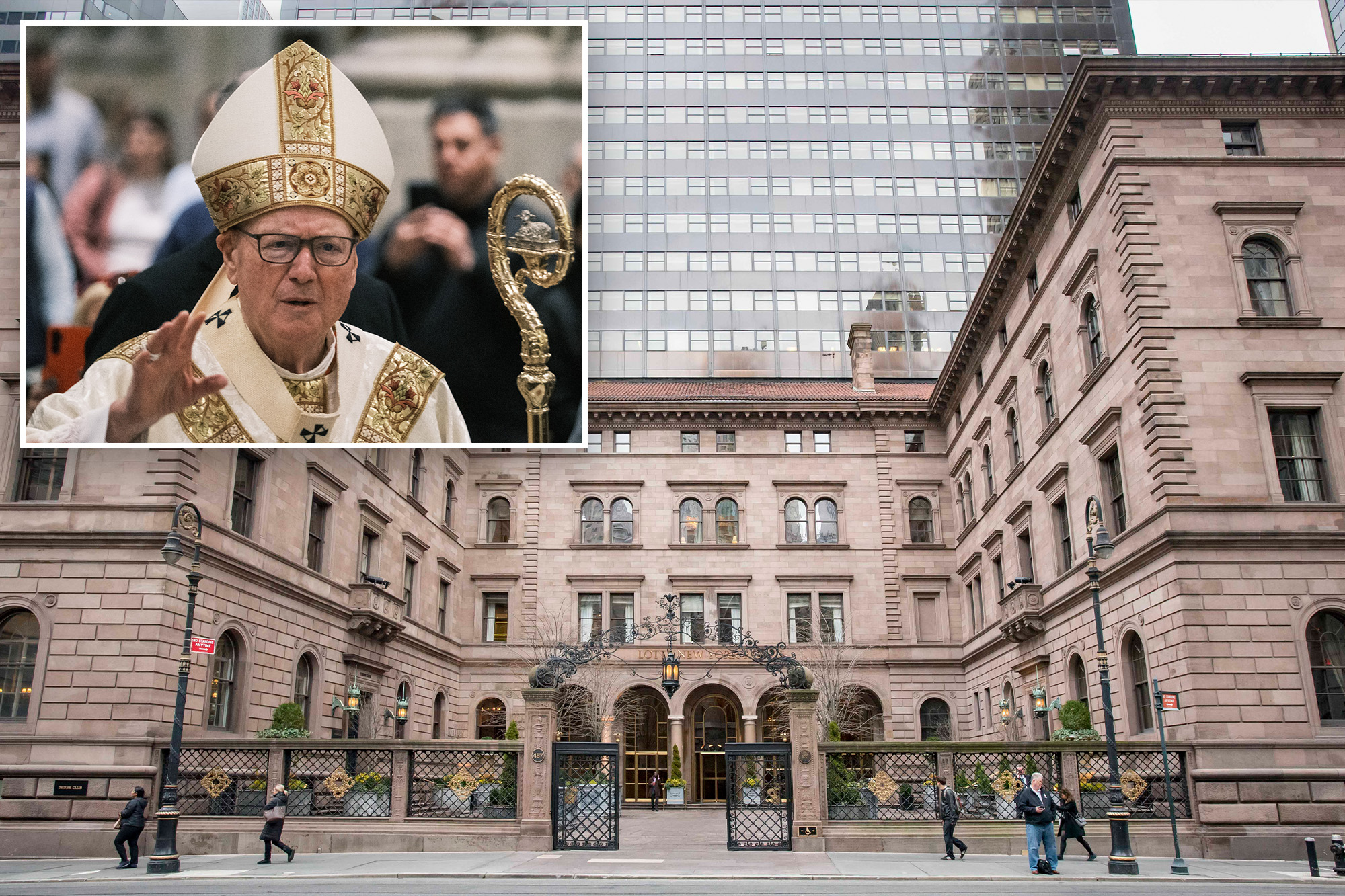N
ew York City has weathered numerous crises, including the 1970s fiscal crisis, Black Monday of 1987, and the terrorist attacks of 9/11. However, the city's future under Zohran Mamdani's leadership may be more challenging. As he likely begins a four-year term as mayor, the question is how painful it will be for the city.
Let's examine one issue at a time, starting with rent-stabilized buildings. Mamdani campaigned on freezing rents, but this would disproportionately affect half of the rental market, which includes apartments in pre-1974 multiple dwellings and affordable housing units. While he cannot directly control rents, his appointees to the Rent Guidelines Board will make decisions that could lead to further distress for landlords.
The industry is already struggling, with a 14.4% distress rate for securitized New York multifamily loans over the past two years. This trend is expected to worsen as 90% of New York multifamily debt is tied to properties subject to rent restrictions. Landlords may turn to Albany for assistance, but given Mamdani's victory and the upcoming election year, they are unlikely to receive help.
Another issue is the state-authorized property tax break for apartment projects, which has underproduced due to a union-backed wage scale. Mamdani, a fan of construction unions, seems unlikely to ask Albany to weaken this wage scale. However, he has expressed a change of heart about private development and its role in easing the housing shortage.
Mamdani's housing agenda is expected to focus on affordability mandates that may limit production below the city's needed 50,000 units per year. His plans for government programs, such as J-51, Article XI, and rental vouchers, are likely to be popular with landlords but may not be feasible due to budget constraints.
Rezoning is another area where Mamdani has expressed support for upzoning in wealthy neighborhoods and ending parking mandates. However, this could face opposition from preservationists and historic districts. Non-landmarked areas like Bushwick and western Queens may still see upzoning and relaxed parking requirements.
To govern effectively, Mamdani will need to address concerns about his views on Israel, crime, and socialism. He has signaled a willingness to work with the NYPD and tolerate capitalism, but his base remains skeptical. The real estate industry is also wary of taxes, which Mamdani wants to raise, but Albany controls taxation and will not raise taxes in an election year.
Overall, while Mamdani's policies may be unpopular with the real estate industry, they are likely to do well enough under his leadership, albeit in a state of discontent.














